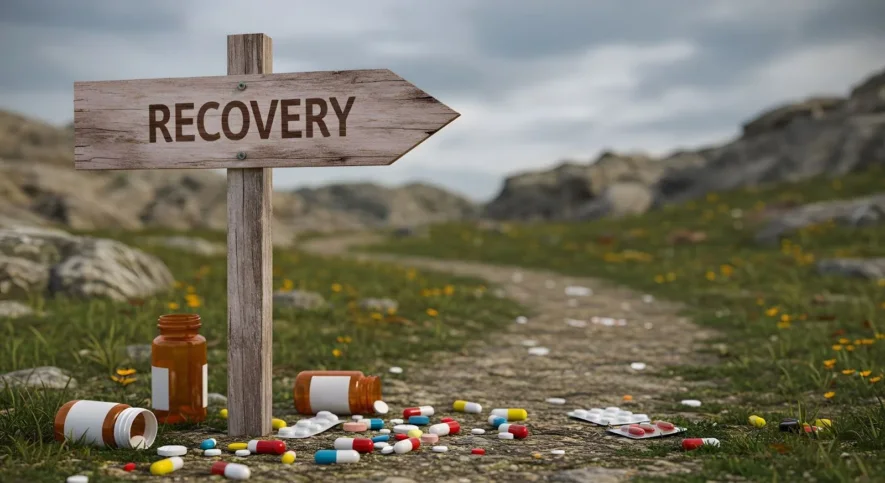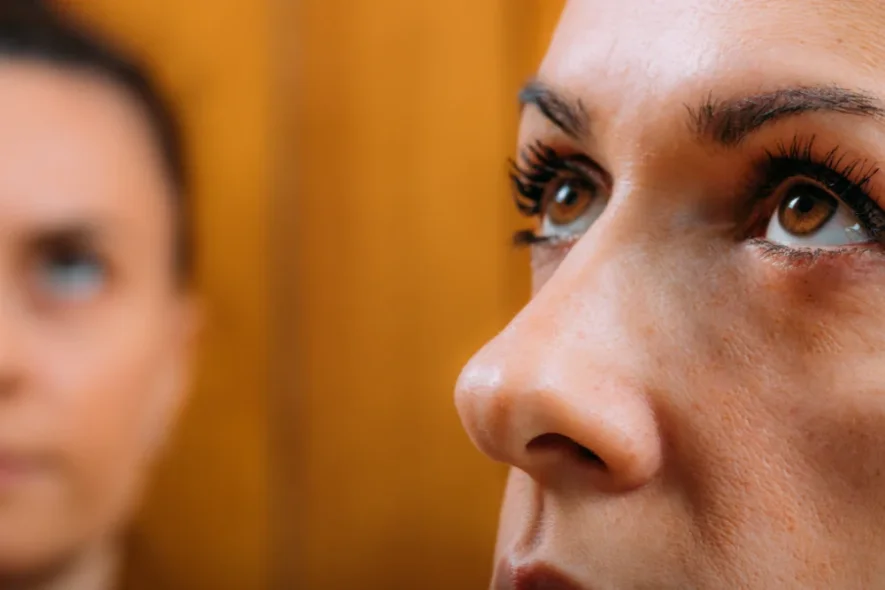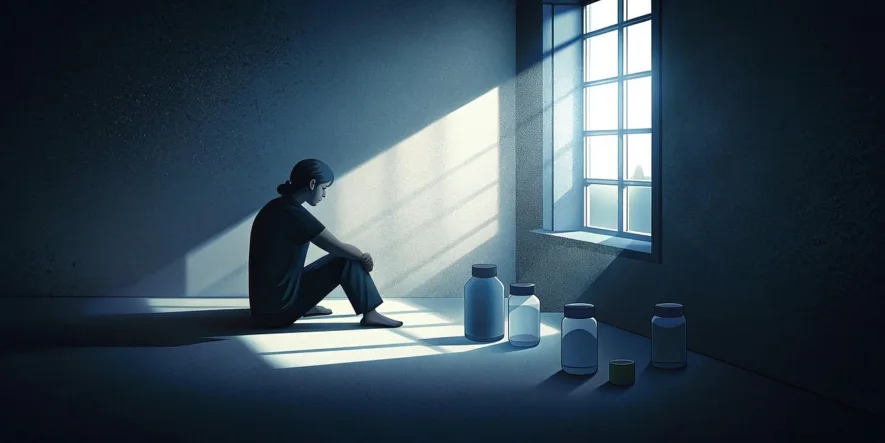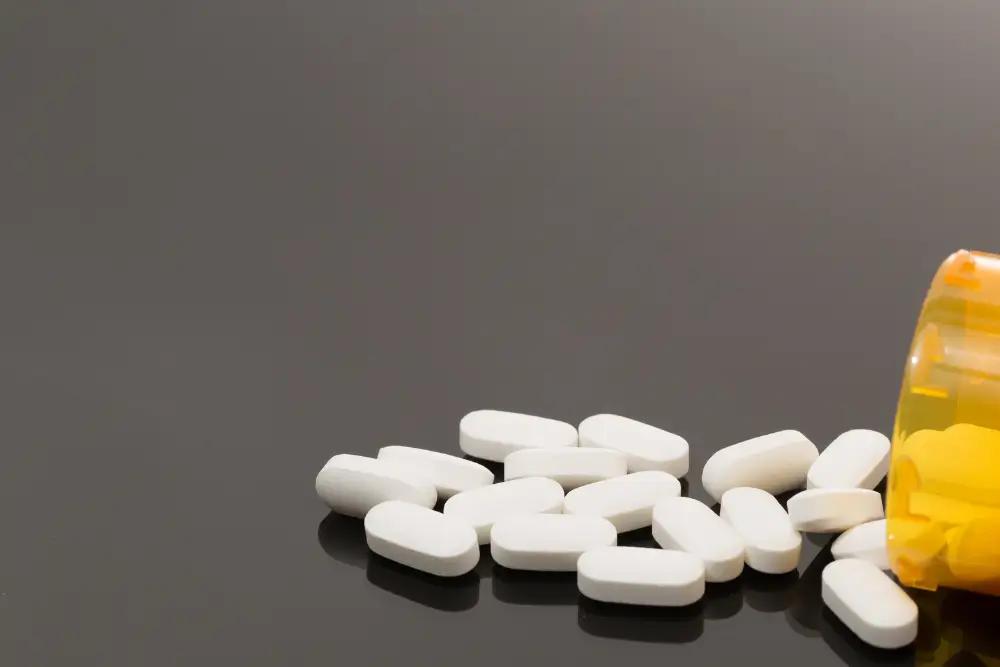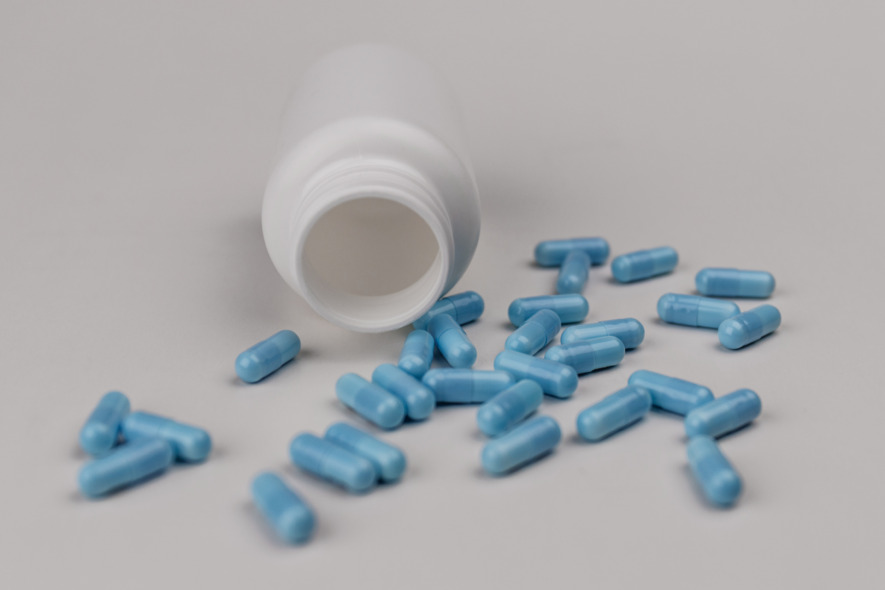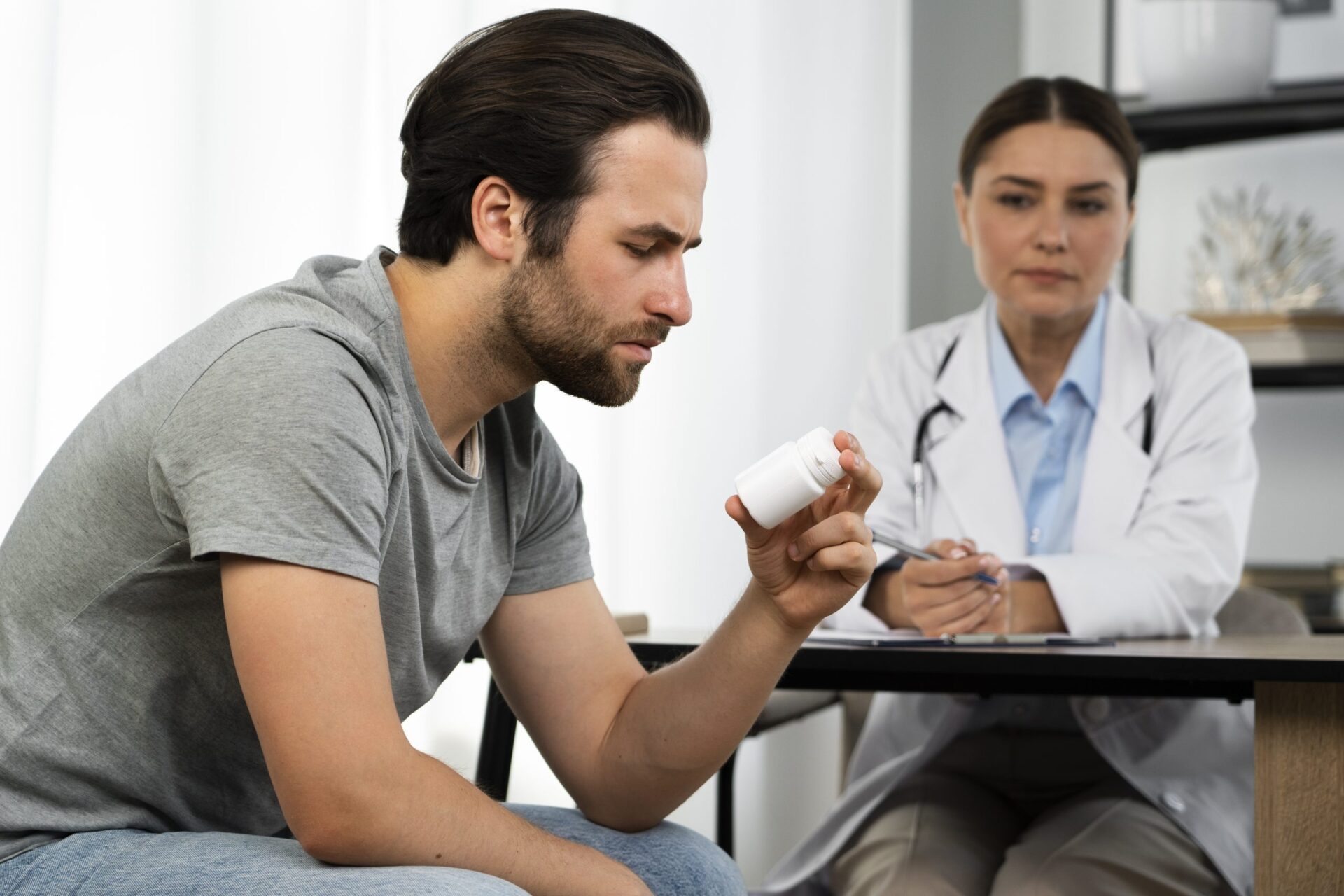When you’re thinking about going to rehab or helping a loved one go to rehab, you need all the information you can get to make an informed decision. There are different types of rehab that you can attend, but the most popular and effective is the inpatient drug rehab (also known as residential rehab center). These rehabs typically have patients who stay anywhere from one month to a year or more.
In this blog, we will dive into exactly what an inpatient drug rehab is. We’ll take a look at what happens in one of these rehabs, how much they cost, and will also inform you of what a good inpatient rehab looks like.
Table of Contents
What Is An Inpatient Drug Rehab?
An inpatient rehab is a rehab center that people go to deal with their drug addiction. When attending residential substance abuse treatment, these people go through a program that is designed to get them clean from drugs and help them to address all of their issues that keep them stuck within addiction.
You can think of a residential drug rehab as a one-stop-shop for all drug addiction needs. A good center has medical staff who can ascertain patients’ conditions and provide medicine accordingly. There are individual and group therapy programs. Nutritious meals will be provided. Often, there is an area where patients can exercise.
What Happens In An Inpatient Drug Rehab?
There is a process that patients go through when they arrive at residential substance abuse treatment. In this section, we’ll look at what this process involves.
Admission
The first thing you’ll do when you arrive at rehab is getting admitted. Usually, this involves filling out some forms, and possibly being shown around the rehab. Of course, many people who get to rehab are in pretty poor shape, and it may be that they feel too frail to look around the rehab when they first get there.
Medical Examination
After admission, the next stage of rehab is meeting with the nurse (or other medical professional). This person will gauge the person’s level of health and will ask questions on which drugs you had been using, how much and for how long.
Based on the answers, the patient will be given prescriptions which will help them to be as comfortable as possible while going through the withdrawal process. If the patient had been taking opioids, they might be provided with medications like Subutex or Methadone. These are long acting opioids which can help bring down the effects of the illicit opioids they had been taking slowly. This means that the withdrawal process is much more manageable.
The medical professionals at a residential rehab center will also help patients to work on their health, which has usually been affected by chronic drug use. If patients are found to have an illness, medication and health advice will be given to improve symptoms.
Group Sessions
Group sessions are usually led by one or two of the counselors. Typical residential drug rehab group sessions include relapse prevention and the telling of life stories. The aim of these sessions is to give patients the information that they will need to live a happy life in sobriety. Patients will also look at the reasons why they became addicted to drugs. It can be eye opening to hear the responses from other people in group sessions. The information that other people give can often help patients get to the bottom of why they became addicted themselves.
Therapy Sessions
Individual therapy sessions are a vital element of residential substance abuse treatment. The most common type of therapy is Cognitive Behavioral Therapy (CBT), where patients work with a counselor to change maladaptive thought processes and behaviors so that they are able to avoid drug use in the future.
But these sessions do more than just this. They will also help patients to see what it is to live a good life, where they are not only sober but also happy and content.
Aftercare
When residential drug rehab is over, the treatment doesn’t end there. Sobriety is often considered a life-long process of self-learning and growth. Some patients decide that when they leave residential treatment they would like to continue attending rehab as part of an Intensive Outpatient Program (IOP).
Other patients decide to opt for one of the various fellowships that are available for people who have stopped taking drugs. The most important thing is that patients make sure that they continue to work on their sobriety after they leave rehab. This is crucial for long term clean time.
How Much Does Inpatient Rehab Cost?
Residential substance abuse treatment varies in price depending on the length of treatment, which insurance the patient has and the costs of the center itself. Advertised costs should include everything, including food, counseling sessions, personal training etc.
Does Inpatient Drug Rehab Work?
Residential drug rehab has a long history that proves its effectiveness. Millions of people have been through the gates of inpatient drug rehabs around the world and have gone on to achieve long term sobriety.
One of the most important things for patients to remember is that for drug rehab to work fully, they must do the necessary work. When starting recovery, patients should throw themselves wholeheartedly into the entire rehab program. This will ensure the best results in the long term.
As long as a patient does this and attends a respected rehab that has well trained staff, a solid program and a decent environment, the patient has every chance of achieving a pleasant and long-term recovery from addiction.
How Wellbrook Recovery’s Inpatient Drug Rehab Can Help You
Wellbrook Recovery offers one of the best inpatient drug rehab programs in the country. We offer medication assisted treatment to make sure your experience is as comfortable as possible, our facility is built to a high standard, and our staff truly care about getting you back to full health.
We will do everything that we can to get you off drugs and on the road to a happy and fulfilling life. For more information on what we do at Wellbrook Recovery, please contact us today.



